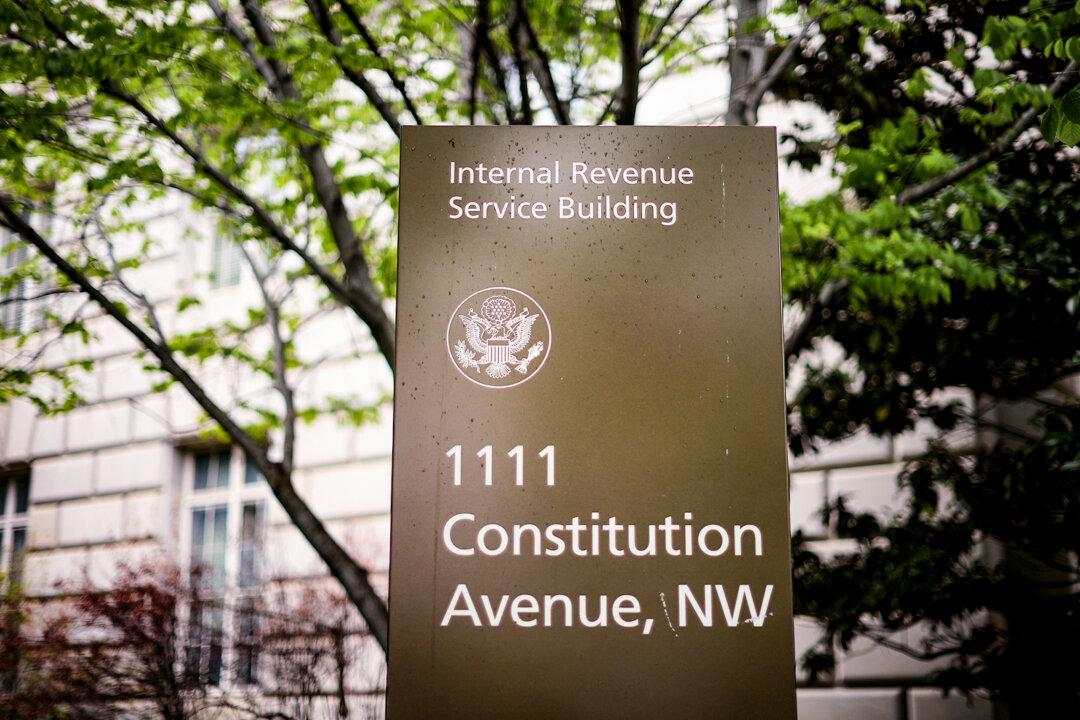The Internal Revenue Service (IRS) said Tuesday that taxpayers in nearly two dozen states should consider filing amended tax returns because they may have needlessly reported income from relief payments and so stand to get bigger refunds.
The IRS said in a press release that taxpayers who reported certain state payments related to general welfare and disaster relief as taxable income on their tax returns did so, in many cases, unnecessarily.






